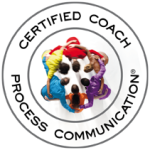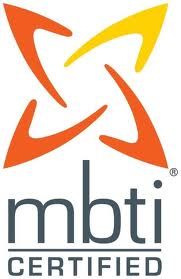expert diagnostic instruments
diagnostic instruments
To assist my clients in their learning process, I am qualified to make use of science based psychometric models and (web-enabled) assessments. My philosophy here is to have a toolbox of state-of-the-art instruments ready to support your process and to deepen your learning about yourself – not to “sell” you a specific methodology. So you have full access to the best methodologies… and in the spirit of keeping our collaboration pragmatic and real, I am also used to working with “in-house” instruments or methodologies that your organisation might have in place already.Some of my preferred instruments are
Leadership Circle Profile™
(TLC – The Leadership Circle™)
The Leadership Circle Profile is designed to accelerate leadership effectiveness beyond the traditional competency-based approaches. It is the only 360-degree competency assessment that simultaneously provides focused competency feedback while revealing the underlying assumptions that are causing a leader’s pattern of strengths and limitations.
More information: www.theleadershipcircle.com
Leadership Culture Survey™
(TLC – The Leadership Circle™)
The Leadership Culture Survey is the most comprehensive assessment available on the overall health and effectiveness of the leadership of your organisation. Used for your entire organisation, or just a leadership team, the Leadership Culture Survey tells you how your people view their current leadership culture and compares that reality to the optimal culture they desire. It will also measure how your leadership culture compares to that of other organisations.
More information: www.theleadershipcircle.com
Team Diagnostic™
(TCI – Team Coaching Intern.)
The model and diagnostic assessments are based on research that shows that most successful teams have the means in place to take productive action and to build effective relationships that motivate and sustain the action. Correspondingly the coaching model is built on two fundamental axes: 7 factors/strengths that optimise productivity and 7 factors/strengths that promote positivity and neutralise negativity. This constellation of strengths provides a complete picture for high-performing teams.

More information: www.teamcoachinginternational.com
The Process Communication Model® (Kahler Comm.)
The Process Communication Model® (PCM)?is an innovative tool which enables people to understand and communicate effectively with others. People who use the Process Communication Model benefit from a whole range of practical tools specifically designed for successful everyday management of communication. The model was developed during the 1970’s by Dr. Taibi Kahler, based on Eric Berne’s theory of Transactional Analysis. In 1978, the NASA took advantage of this discovery by using Process Communication in the selection, placement, and training of astronauts – and is using the Model to this day.
More information: www.processcommunication.eu
MBTI
(O.P.P.)
The MBTI (Myers-Briggs Type Indicator) questionnaire provides a highly insightful framework for individual development, provoking self-awareness by looking at how a person perceives the world and how they prefer to interact with others. The MBTI instrument sorts individuals into psychological ‘types’ so that they can identify how they are similar to some people and different to others, and how they can improve their working and personal relationships in a positive and constructive way.
More information: www.opp.com






